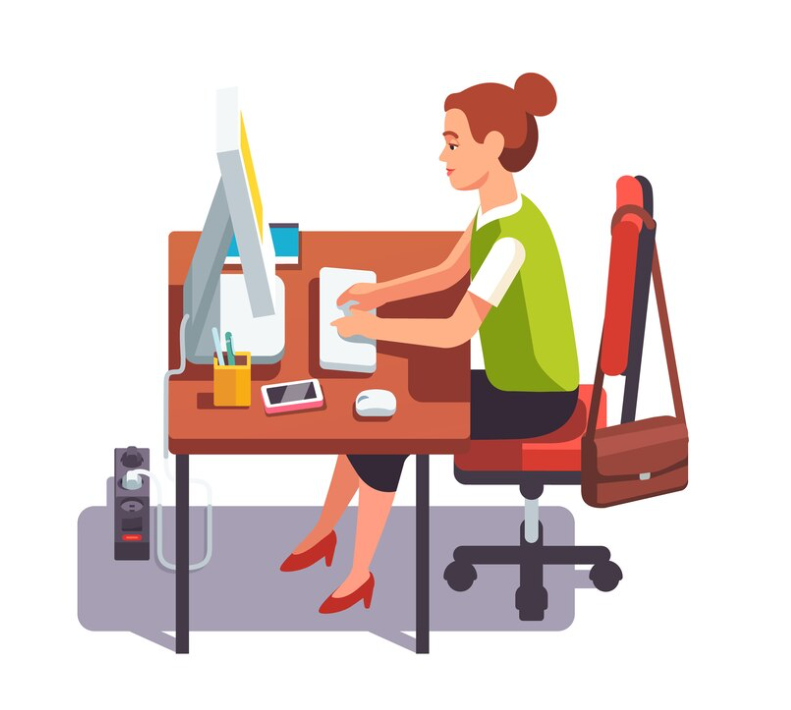
Understanding How Hormones Affect Back Pain: Prevention Tips for Travelers and Desk Workers
Are you someone who often finds themselves dealing with back pain? Whether you’re constantly on the move or tied to a desk, understanding how hormones can impact your back health is crucial. Let’s delve into the role of hormones in back pain and explore some effective prevention tips tailored for both travelers and desk workers.
The Role of Hormones in Back Pain
Hormones are chemical messengers in your body that regulate various functions, including pain perception and inflammation. Fluctuations or imbalances in hormone levels can contribute to back pain in several ways:
- Estrogen and Progesterone: These hormones, particularly in women, can affect ligament laxity and joint stability. Changes in hormone levels during menstrual cycles, pregnancy, or menopause can lead to increased vulnerability to back pain.
- Cortisol: Known as the stress hormone, cortisol plays a role in inflammation and pain modulation. High levels of cortisol due to chronic stress can exacerbate back pain.
- Endorphins: These “feel-good” hormones act as natural painkillers. Imbalances in endorphin levels may impact pain perception and tolerance.
Understanding how these hormones influence your back health is the first step in effective prevention and management.
Prevention Tips for Travelers
- Pack Light: Heavy luggage can strain your back. Pack only essentials and use lightweight luggage with wheels for easier transport.
- Proper Lifting Techniques: When lifting luggage or heavy objects, bend your knees and lift with your legs rather than your back to avoid strain.
- Frequent Stretching: Take regular breaks during travel to stretch your back muscles. Simple stretches like forward bends and trunk rotations can help alleviate stiffness.
- Supportive Seating: Choose seats with adequate lumbar support, whether you’re traveling by car, plane, or train. Use cushions or rolled-up towels if necessary.
Prevention Tips for Desk Workers
- Ergonomic Workspace: Ensure your desk setup promotes good posture. Adjust your chair height, position your monitor at eye level, and use a supportive chair with proper lumbar support.
- Regular Movement Breaks: Avoid prolonged sitting by taking short breaks to stretch and walk around every hour. Set reminders if needed to encourage movement.
- Core Strengthening Exercises: Strengthening your core muscles can provide better support for your spine. Incorporate exercises like planks, bridges, and pelvic tilts into your routine.
- Stay Hydrated: Drinking plenty of water helps keep your intervertebral discs hydrated, reducing the risk of stiffness and discomfort.
By incorporating these tips into your routine, you can minimize the impact of hormonal imbalances and prevent back pain, whether you’re a frequent traveler or desk worker. Remember, prioritizing your back health is essential for overall well-being.
To seek medical advice, always consult a Doctor. Here are our recommended experts.Click Here
To read more on Back Pain. Click Here


